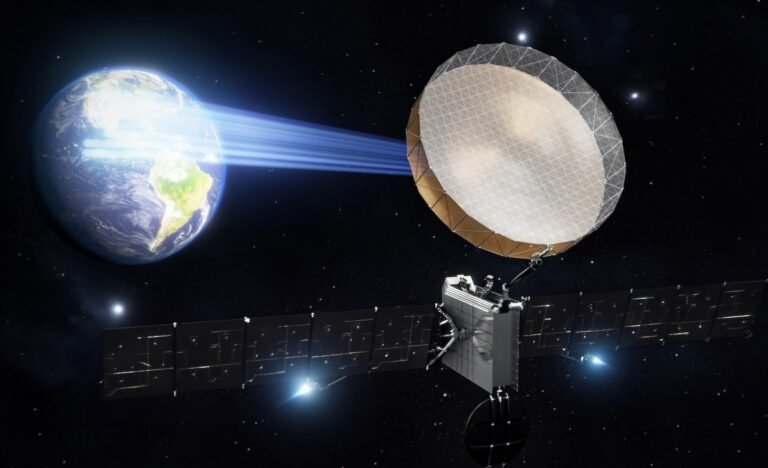
Lawmakers passed legislation early Saturday reauthorizing and expanding a controversial U.S. surveillance law shortly after the powers expired at midnight, rejecting opposition by privacy advocates and lawmakers.
Critics, including lawmakers who voted against the reauthorization, say FISA also sweeps up the communications of Americans while spying on its foreign targets.
Following the passage in the early hours of today, Senator Mark Warner, who chairs the Senate Intelligence Committee, said that FISA was “indispensable” to the U.S. intelligence community.
FISA requires the government to seek an annual certification from the secretive FISA Court, which oversees and approves the government’s surveillance programs.
The FISA Court last certified the government’s surveillance program under Section 702 in early April, allowing the government to use its lapsed authority until at least April 2025.

Astranis has taken the wraps off a new generation of communications satellites that will serve broadband to customers on Earth from geostationary orbit, but faster and smaller than any comsat up there.
Astranis builds and operates relatively small broadband satellites in high orbits, and sells that capacity on to telecom and internet service providers.
The startup takes prize in the comparatively diminutive size of its GEO satellites, which are normally huge and, as a result, are easy to track and potentially attack.
Like the company’s current satellites, Omega will have the ability to maneuver in GEO using on-board all-electric propulsion.
The company aims to complete the first Omega satellite in 2025 and launch to orbit in 2026.

Few missions more acutely embody the maxim “space is hard” than Atomos Space’s first demonstration mission, which the company has managed to pull back from the brink of disaster — more than once.
That demonstration mission, dubbed Mission-1, launched to orbit on a SpaceX Falcon 9 rocket on March 4.
Deployment was nominal, and Atomos received its first ping from the spacecraft seven minutes after deployment.
After pulling some strings, they were able to get on the phone with the chief systems engineer of satellite communications company Iridium.
Atomos’ spacecraft were moving too fast, and in direct opposition, such that they couldn’t perform the data “handshake” with those Iridium satellites to actually transmit information back down to Earth.

Have you ever needed a copy of your medical imaging to take to your doctor or another healthcare provider and received the images on a CD?
Many radiologists still use this ancient format to transfer patients’ imaging files.
A startup called PocketHealth has built an medical image exchange platform to digitize the process for every patient and healthcare provider, making it more intelligent and personalized, no CDs involved.
PocketHealth isn’t the only company offering medical imaging sharing for patients in the MedTech space.
Ambra Health, based in New York, offers solutions for medical image sharing, and EnvoyAI, based in Massachusetts, develops a medical imaging AI marketplace.

Zoom’s acquisition of Workvivo signals the company’s intention to focus on improving business culture, which is an important part of any organization. Workvivo has been successful in helping companies improve…

Kepler Communications is making significant progress in building out its on-orbit data network, and has closed yet another tranche of capital to continue its mission. By providing reliable and affordable…









